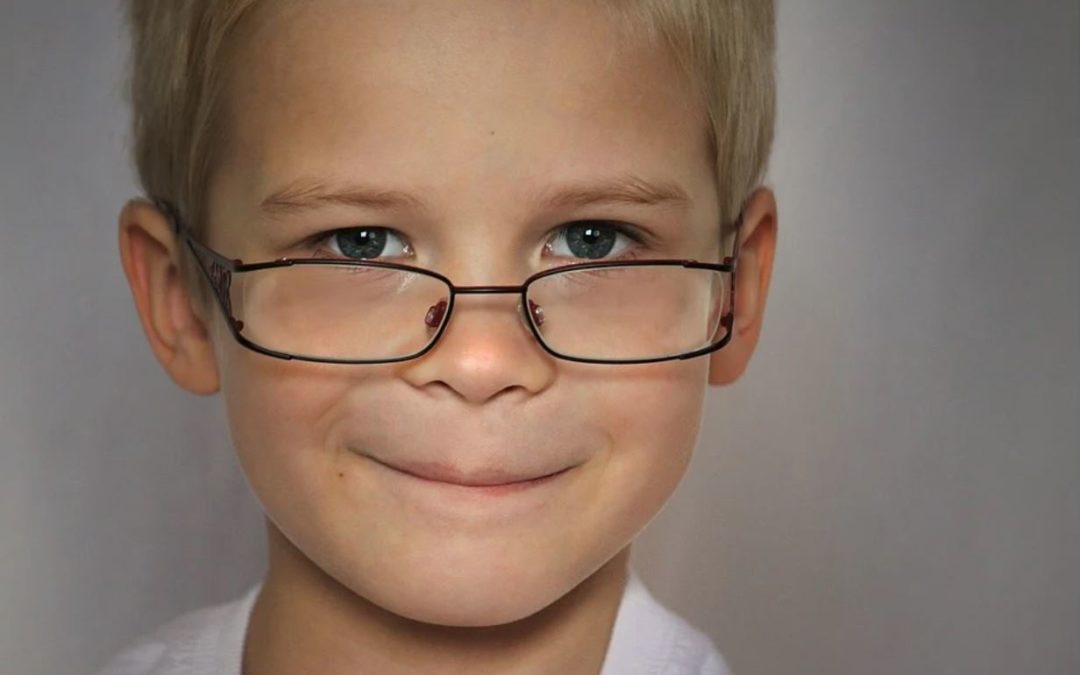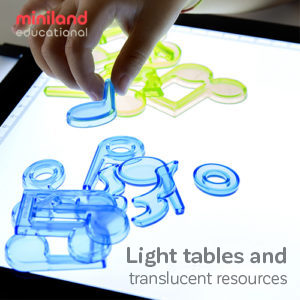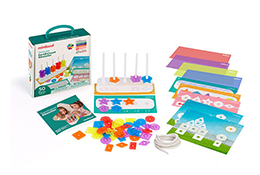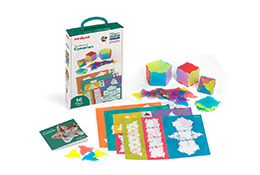| Achild is not a fish (of course!) but this saying underlines a simple fact: Intelligence is not a single, static thing. Instead, it is the combination of different abilities expressed into one being — or child.
According to Gardner’s theory of Multiple Intelligence’s, there are many skills and facets to indicate how ‘smart’ a person is. This ‘smartness’ is measured by how well they communicate with others, navigate the world, solve problems, socialize, learn, play and work. At Miniland, we acknowledge several intelligence’s, and know that they each play an integral part in a child’s developmental cycle from the earliest ages right through to school and adolescence. Emotional Intelligence This is the ability to recognize emotions, identify and communicate those feelings accurately, and adjust their behavior accordingly. Being able to manage their emotional state empowers children to socialize and communicate themselves to the world. Social Intelligence Social intelligence is a measure of self- and social awareness. The benefits of effective communication with others are obvious: without it, you cannot make friends, or cooperate with others. Humans do not work well in isolation; social intelligence is as crucial as breathing. Logical & Math Intelligence Logical-mathematical intelligence is the ability to perform mathematical operations and analyze problems logically. By detecting patterns and reasoning deductively, children can think of innovative and rational solutions to their problems. Nature Intelligence Naturalist intelligence concerns knowledge of living things and the planet. An interest in plants, animals, weather, oceans, and mountains might seem secondary to more ‘crucial’ skills like reading or writing, but a sense of wonderment for nature helps realize the importance of environment and conservation. Musical Intelligence Musical intelligence is a measurement of a child’s skill in performing, composing, and appreciating music and musical patterns. Music appears in every culture in the world, so knowing how to enjoy or create music plays an integral role in children’s social skills. Body & Move Intelligence This intelligence — sometimes referred to as kinesthetic intelligence — is how well you use your body. From using body language to communicate, to more complex athletic tasks, this intelligence is central to everything people do — whether they’re crawling on the ground, or performing surgery in a hospital. Speak & Write Intelligence Linguistic intelligence is an individual’s ability to understand and to produce spoken and written language. It is a core function of other intelligence’s as well, and is tied closely to creativity, communication, and improved problem solving and abstract reasoning. Visual & Spatial Intelligence Your ability to see the world around you is a not just an artistic skill — it’s crucial to survival in our large and complex world. Visual-spatial intelligence deals with shapes, patterns, and color, but it also includes the placement and relationship of objects in space, and their distance and direction. Identifying colors and objects is a vital function of a child’s development, but it has less obvious implications: such as the ability to think laterally and creatively. Visual & Smart learning tools means smart kids With all these different sides to intelligence, children need educational tools and games that allow them to develop a holistic skillset. At Miniland we want children to experiment as they play: that’s why we developed MindFul KIDS. MindFul KIDS is a playing and learning tool that combines various exercises and games to nurture your two- to seven-year-olds multiple intelligence’s. These interactive games improve concentration, listening, self-awareness, patience,and emotional quotient, as well as a child’s ability to express themselves and communicate confidently. Thanks to the application bundled with the game, it also teaches digital literacy: an important skill as technology becomes prevalent in our classrooms and homes. For more information about why developing a child’s multiple intelligence is so crucial and how MindFul KIDS is uniquely designed to tackle this multifaceted job, visit our MindFul KIDS website page which contains a complete guide for the educator. |
There’s a famous and apocryphal quote that goes, “if you judge a fish by its ability to climb a tree, it will live its whole life believing that it is stupid”.



